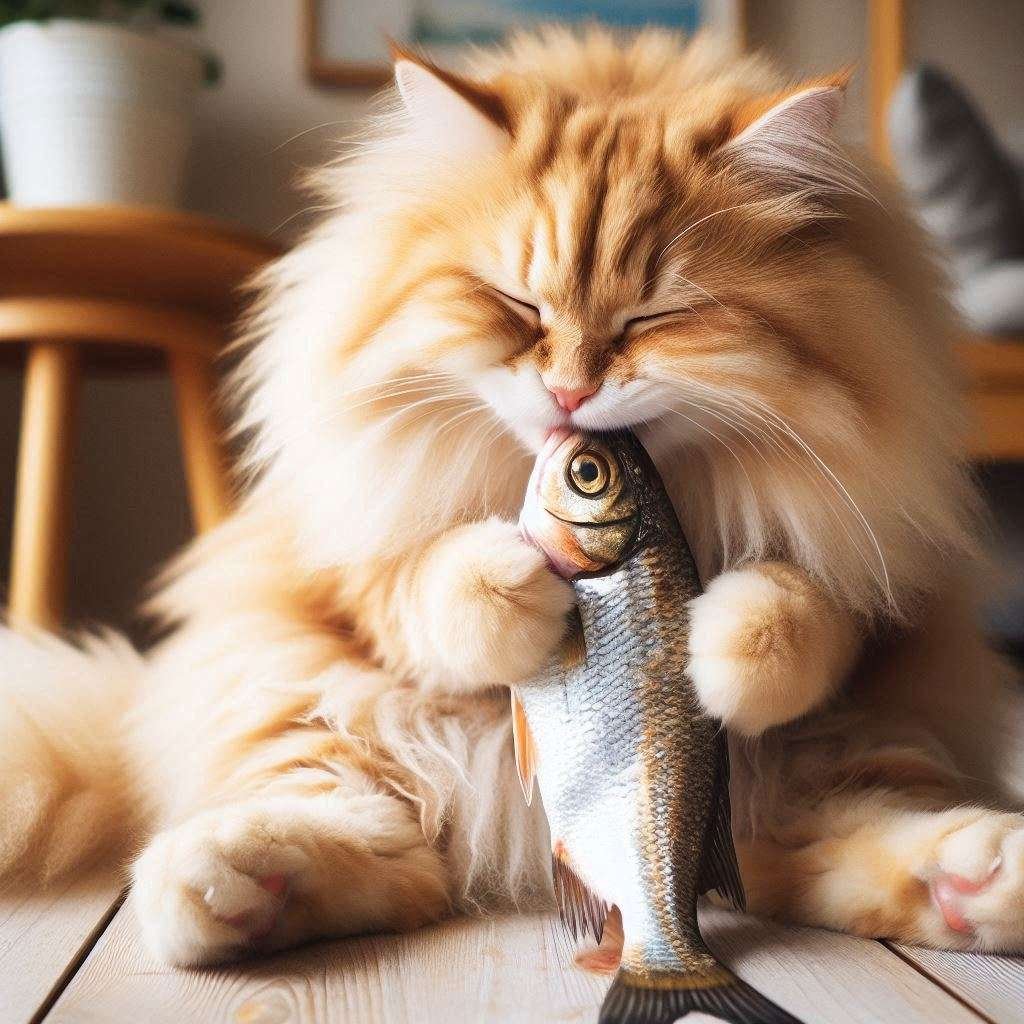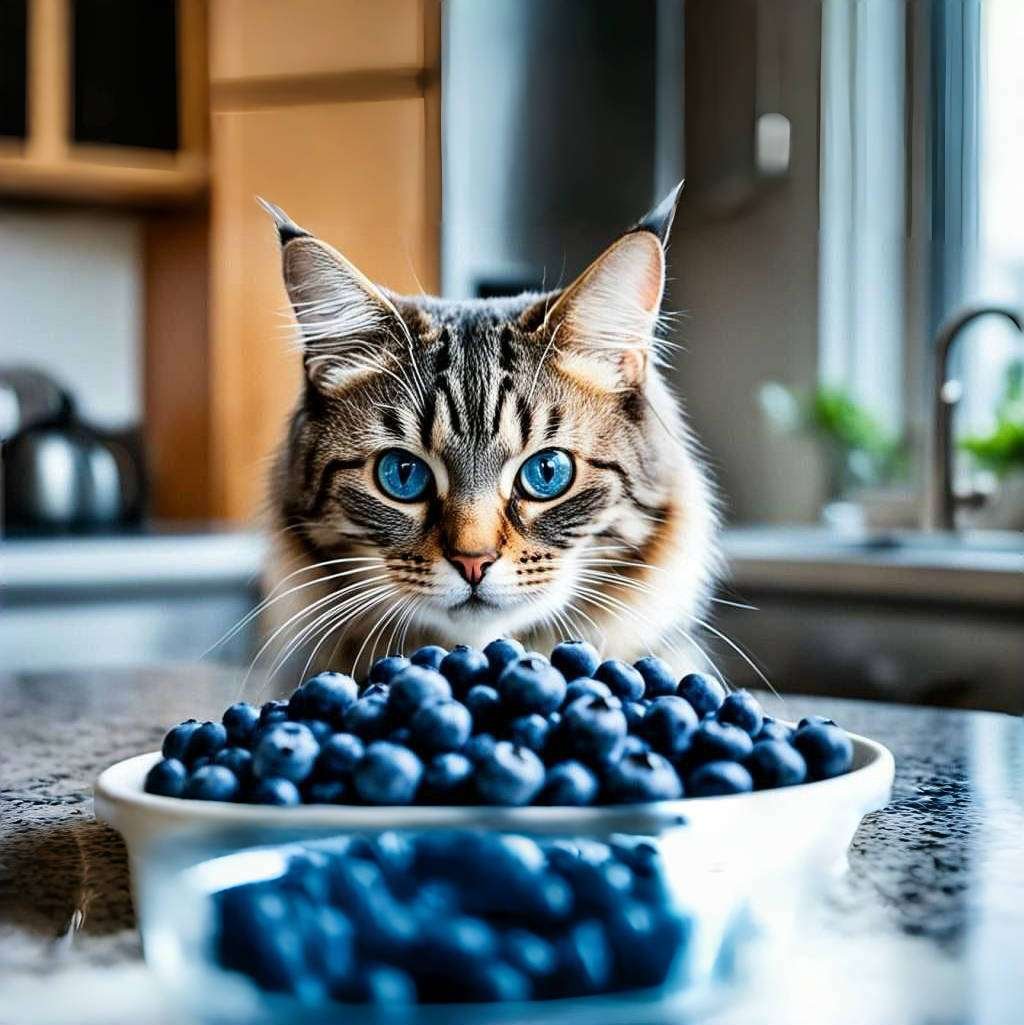As pet owners, we often wonder about the right foods for our cats. One question is: can cats drink almond milk? It’s a plant-based milk alternative that’s popular among humans. We’ll look into almond milk’s nutrition and its pros and cons for cats.
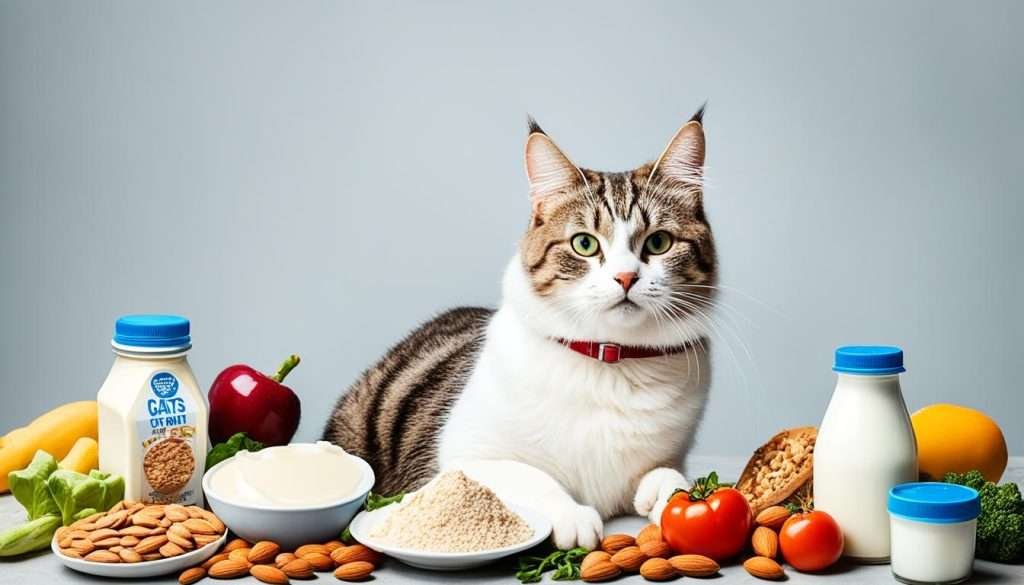
Key Takeaways
- Almond milk is low in calories, but it lacks the essential nutrients cats need to thrive.
- Cats may experience digestive issues, such as diarrhea and gas, if they consume too much almond milk.
- Kittens should not be given almond milk due to its high fiber content, which can cause discomfort.
- Plant-based milk alternatives, including almond milk, are generally not recommended for cats, as they are not well-suited to a cat’s carnivorous dietary requirements.
- Cats should be fed a diet rich in high-quality proteins to maintain their health and energy levels.
What is Almond Milk?
Almond milk is a popular, lactose-free, plant-based beverage. It has become well-known in recent years. It’s made by blending almonds with water and straining the mix to separate the milk from the pulp.
Almond Milk Production Process
The process to make almond milk includes several steps. First, almonds are soaked in water to soften them. Then, these softened almonds are blended with fresh water to create a creamy milk.
Next, the mixture is strained through a cheesecloth or fine-mesh sieve. This removes the almond pulp, leaving behind smooth, rich almond milk.
Commercial almond milk may have added sweeteners, flavors, and preservatives. These are added to improve taste and extend shelf life. But, making almond milk at home lets you control the ingredients and flavor.
Nutritional Value and Sustainability
Almond milk is a good source of vitamin E, an important antioxidant. But, it doesn’t have enough protein and fat for cats’ diets. Making almond milk uses a lot of water, about 70 liters per glass. This is more than some other plant-based milks like soy and oat milk.
| Nutrient | Amount per 100 ml |
|---|---|
| Calories | 15 |
| Protein | 0.4 g |
| Fat | 0.96 g |
| Potassium | 67 mg |
| Zinc | 0.06 mg |
| Sodium | 62 mg |
| Choline | 0.3 mg |
| Vitamin E | 6.33 mg |
The table above shows the nutritional content of almond milk. It lists its key vitamins, minerals, and other important nutrients.
Can Cats Drink Almond Milk?
Cats can have almond milk, but it’s not the best choice for them. Almond milk doesn’t have the nutrients cats need and might cause stomach problems if eaten too much. Experts say cats should avoid almond milk to prevent stomach issues like cramps and diarrhea.
Cats need a diet rich in meat to stay healthy. Almond milk, being plant-based, lacks the protein and nutrients cats need. It’s okay as an occasional treat, but not a main part of their diet.
Food and treats, including almond milk, should make up less than 10% of a cat’s daily calories. Too many calories can lead to weight gain and health problems in cats.
If your cat can’t handle lactose or has allergies, lactose-free dairy milk is a better choice. Organic cow’s milk has more omega-3 fatty acids than regular milk, which is good for your cat’s skin and fur.
Choosing unsweetened almond milk is safer for cats than flavored kinds with artificial sweeteners and preservatives. These can be bad for their health.
Potential Drawbacks of Almond Milk for Cats
- Almond milk might cause stomach upset, cramps, and diarrhea in cats because they can’t digest lactose well.
- Eating too much almond milk can lead to weight gain and obesity in cats.
- Almond milk doesn’t have the protein, amino acids, and nutrients cats need for good health.
In conclusion, while cats can have almond milk sometimes as a treat, it’s not good for their diet. Cats do better with a meat-based diet or lactose-free dairy milk that meets their nutritional needs.
Benefits of Almond Milk for Cats
Cats often seem to love cow’s milk, but most can’t handle it well. They are lactose intolerant, which means dairy can upset their stomachs. Luckily, almond milk is a lactose-free alternative for cats.
Lactose-Free Alternative
A 2019 study found that cats stop making the enzyme lactase by age one. This enzyme helps break down the lactose in milk. Almond milk doesn’t have lactose, making it better for cats with lactose issues.
Vitamins and Minerals
Almond milk is also lactose-free and packed with vitamins and minerals. It’s a great source of vitamin E, which keeps a cat’s skin and coat healthy. But remember, it’s not enough to make up a cat’s diet. Cats need a balanced, protein-rich diet for their health.
Almond milk can be a nice treat for cats, but it shouldn’t replace their regular food. Always talk to your vet before adding almond milk or other dairy-free options to your cat’s diet.
Drawbacks of Feeding Almond Milk to Cats
Almond milk can be a good choice for cats who can’t have dairy. But, it’s not perfect. Cats might face digestive problems like cramps, gas, and diarrhea. This is more likely in cats with sensitive stomachs or existing digestive issues.
Feeding almond milk to cats can also lead to obesity. It has 30 to 60 calories per cup. Regular consumption can cause weight gain and obesity. This can lead to serious health problems in cats, like diabetes and other chronic conditions.
Many almond milks have artificial sweeteners and preservatives. These can be bad for cats. They can cause more digestive problems and health issues.
Digestive Issues
Cats might not like the high fiber and other parts of almond milk. This can upset their stomach. Signs of digestive problems include:
- Cramping
- Bloating
- Gas
- Diarrhea
- Vomiting
Cats with conditions like inflammatory bowel disease may be more affected by almond milk.
Calorie Intake and Obesity
Almond milk can also make cats overweight. It has a lot of calories. Cats need a certain amount of calories to stay healthy. Too many calories can lead to obesity.
Being overweight can cause health problems in cats. These include diabetes, joint issues, and breathing problems. It’s important to watch how much almond milk cats eat. Make sure it doesn’t make up too much of their diet.
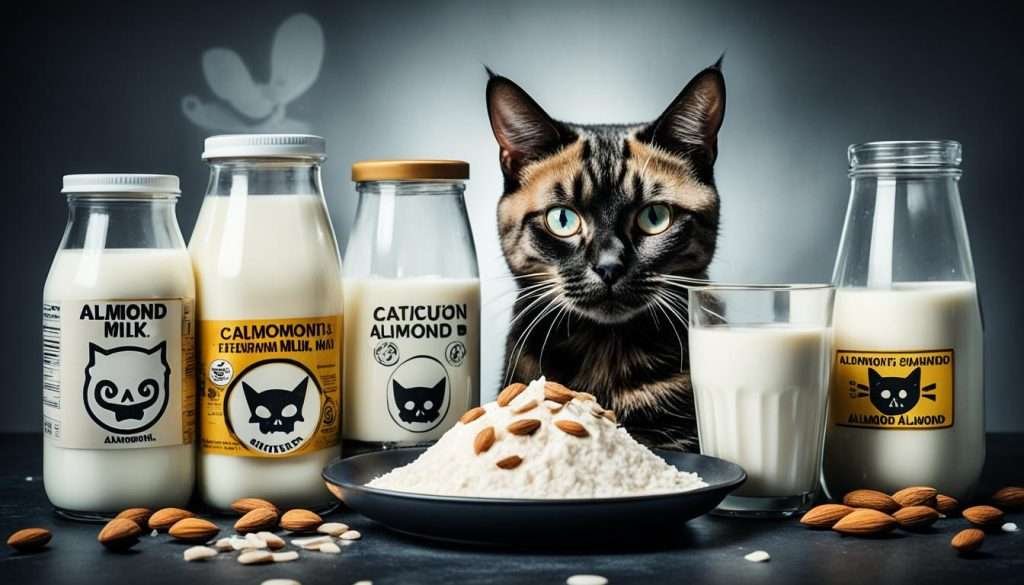
In conclusion, almond milk can be an option for some cats. But, it has downsides like digestive issues and obesity risks. When giving almond milk to cats, do it in moderation. It should not replace their balanced, protein-rich diet.
Can Kittens Drink Almond Milk?
Almond milk might seem like a good milk alternative, but it’s not safe for kittens. Kittens need a special mix of nutrients that almond milk doesn’t have. Drinking almond milk can cause serious health problems in young cats.
Kittens need the right balance of protein, fat, and nutrients from their mom’s milk or a special formula. Almond milk is low in protein and lacks the vitamins and minerals kittens need to grow right.
Feeding almond milk to kittens can lead to stomach issues like diarrhea, vomiting, and belly pain. The high fiber in almond milk can make these problems worse, causing dehydration and slow growth.
Vets say don’t use almond milk instead of kitten milk or formula. Kittens should either nurse or have a formula made just for them until they start eating solid food at about 4-5 weeks old.
In short, kittens should not drink almond milk. It doesn’t give them the nutrients they need to grow and stay healthy. Stick with their mom’s milk or a kitten formula for the best health and growth.
Can cats drink almond milk?
Cats can have almond milk, but it’s not a good idea to give it to them often. It doesn’t have much nutrition for cats and might make them sick. They could get vomiting, diarrhea, or stomach pain.
Cats need a diet rich in protein. Almond milk should only be given as a rare treat in tiny amounts. Drinking too much can cause health problems, allergies, and weight gain in cats.
Vets say adult cats can have a little almond milk as a special treat. But, it should be given no more than once or twice a week. Only give about one tablespoon at a time. Kittens should not have almond milk because it can upset their stomachs.
Almond milk is low in lactose and cholesterol, making it a possible milk substitute for cats. But, it doesn’t have the nutrients cats need. Cats should eat protein-rich foods like cooked chicken, tuna, sardines, or lean beef instead.
| Nutrient | Almond Milk | Cat’s Dietary Needs |
|---|---|---|
| Protein | 1 gram per cup | Cats require a high-protein diet, with protein making up 30-50% of their daily caloric intake. |
| Calcium | 450 mg per cup | Cats need around 500-600 mg of calcium per day for healthy bone development and maintenance. |
| Vitamin D | 120 IU per cup | Cats require Vitamin D to support calcium absorption and maintain overall health. |
| Taurine | None | Cats cannot synthesize taurine, an essential amino acid, and must obtain it from their diet. |
In conclusion, almond milk might seem like a safe treat for cats, but it has risks. Always talk to your vet before giving it to your cat. The best diet for cats is a protein-rich one that meets their needs.
Other Plant-Based Milk Alternatives for Cats
Almond milk isn’t good for cats to drink often. But, there are other plant-based milks that can be bad for them too. Coconut milk and soy milk should be given to cats in small amounts, if at all.
Coconut Milk
Coconut milk has a lot of saturated fats. These fats can upset a cat’s stomach. They can also make a cat gain too much weight, which is bad for their health.
Vets don’t usually suggest coconut milk as a regular part of a cat’s diet.
Soy Milk
Soy milk doesn’t have the right nutrients that cats need. Cats can’t easily digest the carbs in soy milk. It also lacks the proteins, fats, and vitamins that cats need to stay healthy.
Just a little bit of soy milk as a treat is okay. But, it shouldn’t replace a cat’s main diet. Regularly feeding cats soy milk can lead to health problems over time.
In general, plant-based milk alternatives for cats, including coconut milk and soy milk, are not recommended for regular consumption. They don’t give cats the nutrients they need. They can cause stomach problems or make cats overweight. It’s best to feed your cat a balanced, meat-based diet for their health and happiness.
Ideal Diet for Cats
Cats need a diet mainly of high-quality animal protein. An ideal cat diet should have lean meats like chicken, turkey, and fish. It should also include organ meats like liver. These foods give cats the nutrients they need to stay healthy.
It’s okay for cats to have some healthy treats and snacks, but they should not make up more than 10% of their diet. Healthy cat treats can be cooked veggies, fruits, and plant-based supplements. But, they should be given in small amounts.
Protein-Rich Foods
- Lean meats (chicken, turkey, fish)
- Organ meats (liver)
- High-quality commercial cat food
Healthy Treats and Snacks
- Cooked vegetables (in small amounts)
- Certain fruits (in moderation)
- Plant-based supplements
By focusing on a diet rich in protein-rich cat food, cat owners can make sure their cats get the right nutrition. This helps them stay healthy and happy.
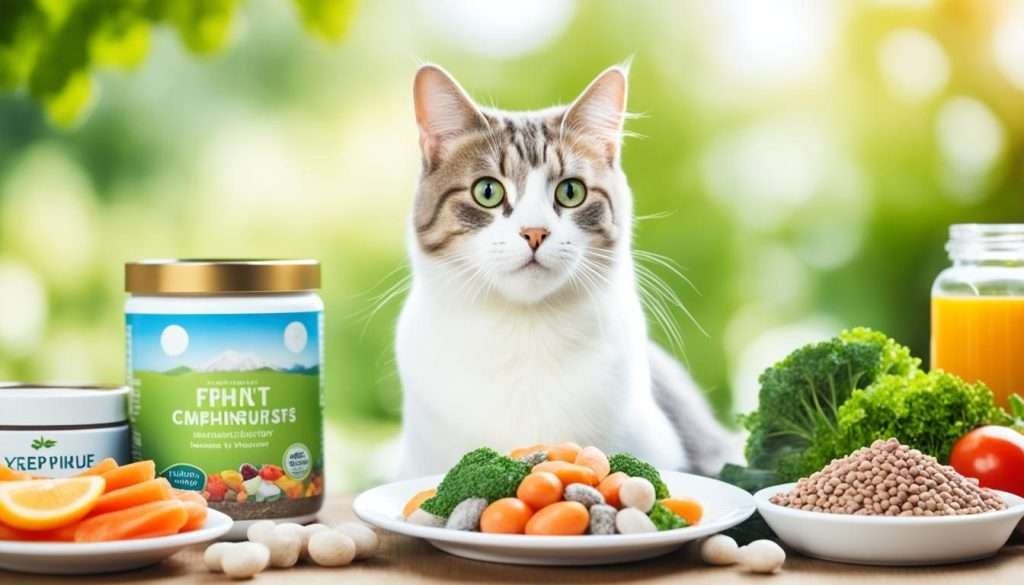
“Cats are obligate carnivores, meaning they require a diet that is primarily composed of high-quality animal protein.”
Conclusion
Almond milk is not toxic to cats, but it’s not a good regular food for them either. It doesn’t have the key nutrients cats need, and eating too much can cause stomach problems. Cats do best on a diet rich in protein that fits their specific needs.
It’s okay to give a small amount of almond milk as a special treat. But, it shouldn’t take the place of their main diet. Cats need animal proteins to stay healthy, not plant-based milks. Owners should be careful when adding new foods, like almond milk, to their cat’s diet and watch for any bad reactions.
This article shows that almond milk can be safe and lactose-free for cats in small amounts. But, it’s not a substitute for a balanced, protein-rich diet. By knowing the limits of almond milk for cats, pet owners can make better choices for their pets’ health and happiness.
FAQ
Can cats drink almond milk?
What is the production process of almond milk?
What is the nutritional value and sustainability of almond milk?
What are the benefits of feeding almond milk to cats?
What are the drawbacks of feeding almond milk to cats?
Can kittens drink almond milk?
What other plant-based milk alternatives are not recommended for cats?
What is the ideal diet for cats?
Source Links
- Can Cats Drink Almond Milk? Vet Approved Nutrition Facts – Catster
- Can cats drink almond milk? Explained in a nutshell
- Can cats drink almond milk?
- Can Cats Drink Milk? – Paoli VetCare
- Can Cats Drink Milk? Here’s Everything You Need to Know
- Can Cats Drink Almond Milk? Vet-Reviewed Facts to Know | Hepper
- Can Cats Drink Almond Milk? – Cats.com
